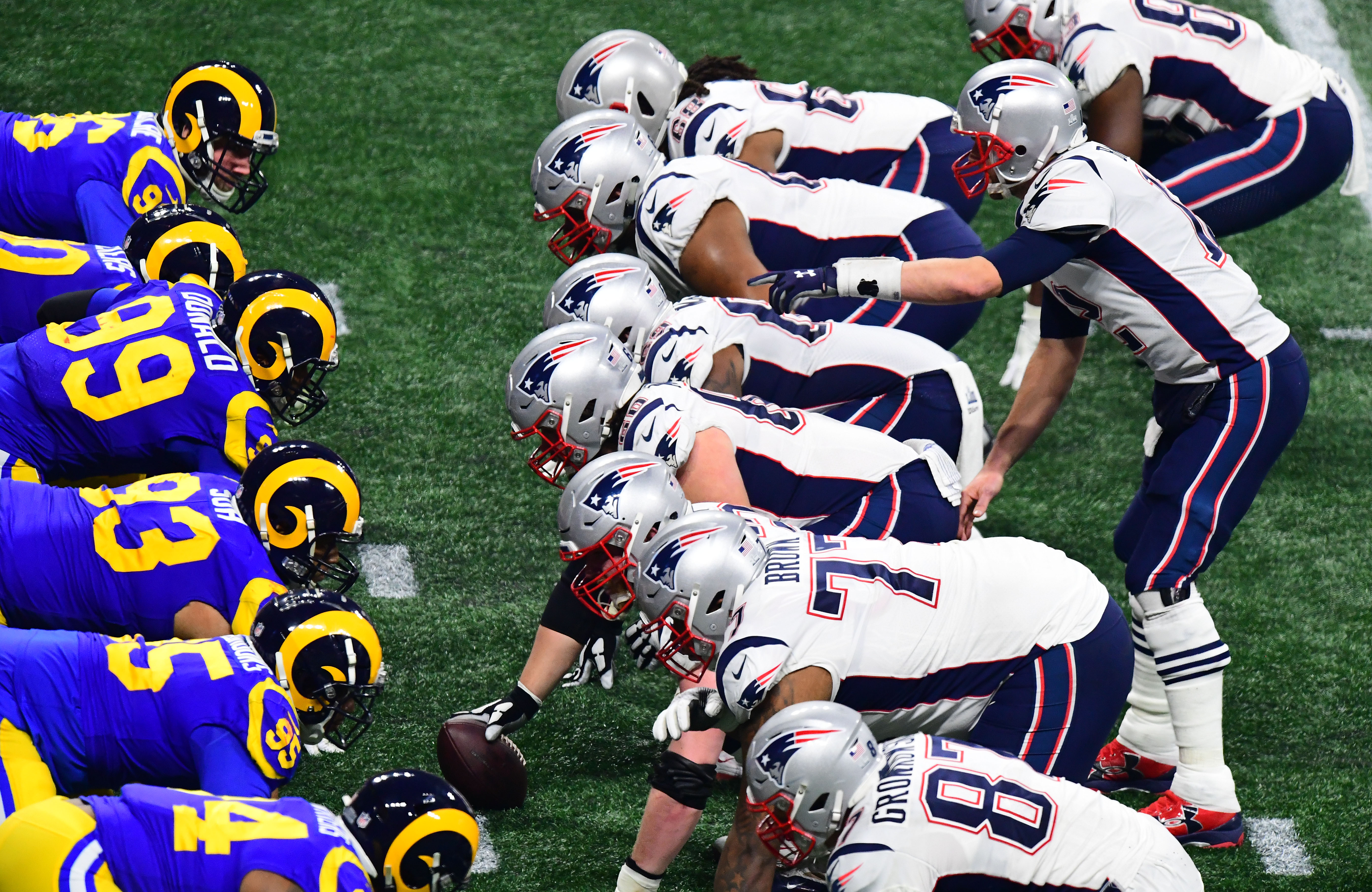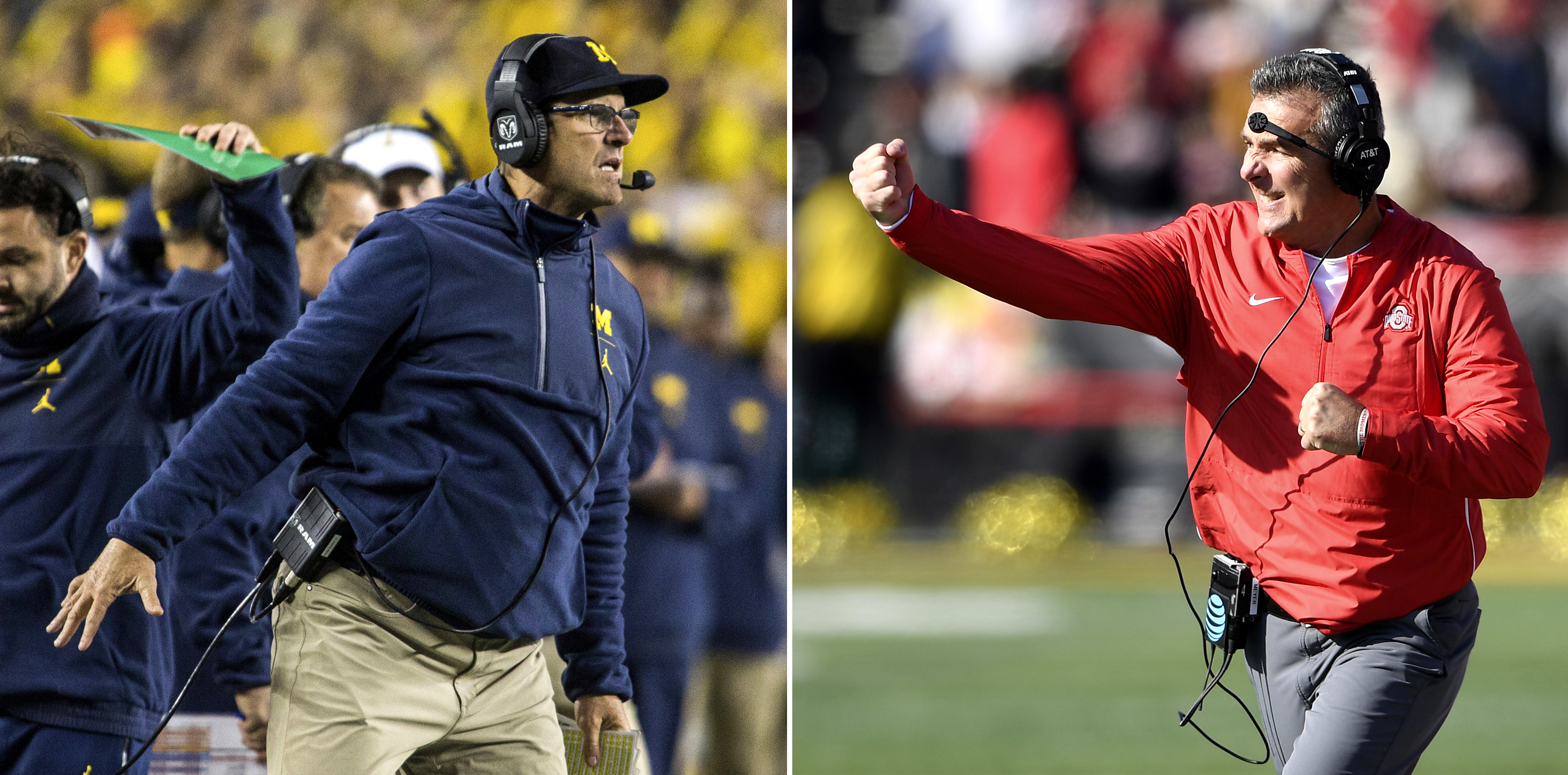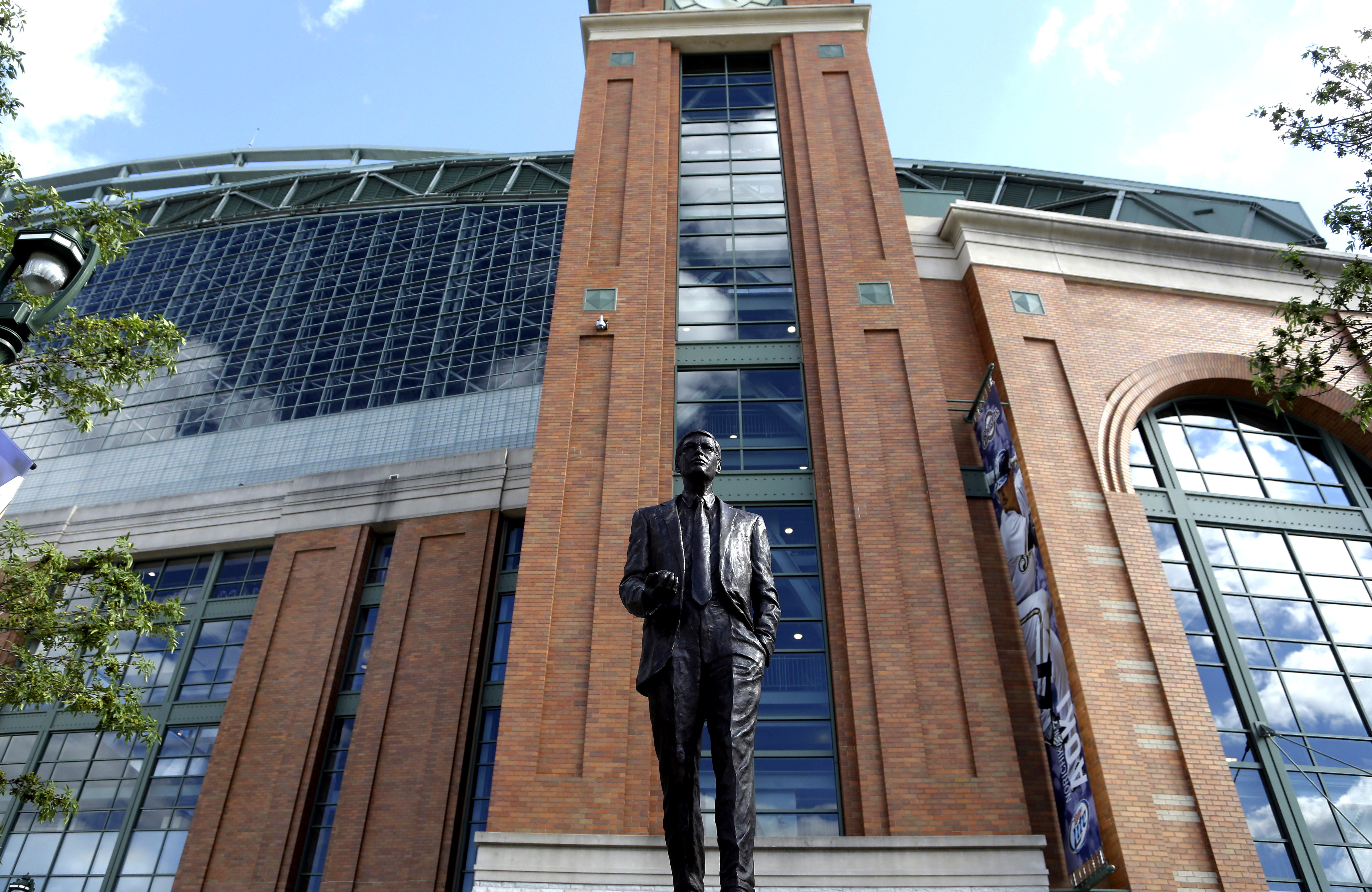Spying ain't beanbag
The tragedy of espionage


The history of spying is in many ways a history of broken allegiances, of long-distance betrayals that lead to murder, of fractured families, of fakers, of individuals caught up in unbelievably difficult circumstances with no way out. Many spying successes are based on discovering traitors elsewhere. Rarely does a significant secret get stolen without someone, eventually, dying because of it, or from it. Argos are few and far between. If you find a story like that, buy the rights to it, and sell it, and Hollywood will turn it into a movie.
The story of "Prisoner X" ought to be placed in this context. It's fascinating and horrible. A young Australian named Ben Zygier became a spy for Israeli's Mossad. The Australian intelligence service found out and doubled him, getting him to report on what the Mossad was trying to get from Australia. Then the Mossad found out that their officer had been doubled. They arrested him and imprisoned him. He allegedly committed suicide in a secret Israeli jail. Formal censorship in Israel and informal censorship in Australia kept the story from coming out before now.
The account I find most reliable, by a former Mossad case officer named Michael Ross, suggests that Zygier was caught when Australia began to monitor passport use by Australian Jews who traveled frequently. Passports and identity documents are the coin of the realm for intelligence services, and Mossad has a history of stealing them from Australia and New Zealand and Great Britain.
The Week
Escape your echo chamber. Get the facts behind the news, plus analysis from multiple perspectives.

Sign up for The Week's Free Newsletters
From our morning news briefing to a weekly Good News Newsletter, get the best of The Week delivered directly to your inbox.
From our morning news briefing to a weekly Good News Newsletter, get the best of The Week delivered directly to your inbox.
I would wager that to the extent that Israel spies on the United States, its operatives are now primarily engaged in economic espionage and in borrowing unsuspecting Americans' identities for a while in order to facilitate Mossad cover stories elsewhere. Ross has no direct knowledge of Zygier's case, but he knows how allied intelligence agencies tend to react to these indiscretions. They cover it up.
Australian press reports are stating that Australia was notified of Zygier’s arrest in 2010 by the Israeli government and yet no mention was made of his fate until Australia’s ABC network reported on the affair yesterday. This of course begs the question as to why the Australian authorities were complicit in keeping the story under wraps. When a citizen is arrested abroad, most western countries do not attempt to hide the fact. Australia’s foreign minister, Bob Carr, has admitted that the foreign ministry and another Australian government agency (a euphemism for ASIO) indeed knew of his arrest in 2010.
Zygier was a man between two countries, as Ross writes, which both viewed him as a traitor.
Australia's government is now under pressure to ask Israel to formally investigate the death; the insinuation is that he was somehow killed by Israel to prevent him from talking. That's highly unlikely. But the press in both countries are forcing the intelligence services to talk about an uncomfortable subject, and if the result is a better way of handling these sorts of delicate thing in the future, then it's all to the good. Friendly countries might read each other's mail, but they ought to have a way of ensuring that those caught up in their geopolitical games are treated fairly.
A free daily email with the biggest news stories of the day – and the best features from TheWeek.com
Marc Ambinder is TheWeek.com's editor-at-large. He is the author, with D.B. Grady, of The Command and Deep State: Inside the Government Secrecy Industry. Marc is also a contributing editor for The Atlantic and GQ. Formerly, he served as White House correspondent for National Journal, chief political consultant for CBS News, and politics editor at The Atlantic. Marc is a 2001 graduate of Harvard. He is married to Michael Park, a corporate strategy consultant, and lives in Los Angeles.
-
 Must-see bookshops around the UK
Must-see bookshops around the UKThe Week Recommends Lose yourself in beautiful surroundings, whiling away the hours looking for a good book
-
 A Nipah virus outbreak in India has brought back Covid-era surveillance
A Nipah virus outbreak in India has brought back Covid-era surveillanceUnder the radar The disease can spread through animals and humans
-
 Nasa’s new dark matter map
Nasa’s new dark matter mapUnder the Radar High-resolution images may help scientists understand the ‘gravitational scaffolding into which everything else falls and is built into galaxies’
-
 The hottest Super Bowl ad trend? Not running an ad.
The hottest Super Bowl ad trend? Not running an ad.The Explainer The big game will showcase a variety of savvy — or cynical? — pandemic PR strategies
-
 Tom Brady bet on himself. So did Bill Belichick.
Tom Brady bet on himself. So did Bill Belichick.The Explainer How to make sense of the Boston massacre
-
 The 13 most exciting moments of Super Bowl LIII
The 13 most exciting moments of Super Bowl LIIIThe Explainer Most boring Super Bowl ... ever?
-
 The enduring appeal of Michigan vs. Ohio State
The enduring appeal of Michigan vs. Ohio StateThe Explainer I and millions of other people in these two cold post-industrial states would not miss The Game for anything this side of heaven
-
 When sports teams fleece taxpayers
When sports teams fleece taxpayersThe Explainer Do taxpayers benefit from spending billions to subsidize sports stadiums? The data suggests otherwise.
-
 The 2018 World Series is bad for baseball
The 2018 World Series is bad for baseballThe Explainer Boston and L.A.? This stinks.
-
 This World Series is all about the managers
This World Series is all about the managersThe Explainer Baseball's top minds face off
-
 Behold, the Bud Selig experience
Behold, the Bud Selig experienceThe Explainer I visited "The Selig Experience" and all I got was this stupid 3D Bud Selig hologram
